Course Curriculum
Unit 1: Financial Statements – Students learn about wealth by creating income statements, balance sheets and budgets. This incorporates the mathematics of spreadsheets and a review of Algebra I.
Unit 2: Earning Interest – Students learn how transferring money to the future increases value through compounding. This incorporates the mathematics of exponents, exponentials and logarithms.
Unit 3: Regular Payments – Students learn the math underlying regular cash flows such as mortgages and retirement savings. This incorporates the mathematics of sequences, series and limits.
Unit 4: Insurance and Expected Value – Students are introduced to risk and making decisions in the face of uncertainty. This incorporates the mathematics of probability and expected value.
Unit 5: Stocks and Risk – Students learn about the stock market, with a focus on the efficient market hypothesis and the statistics related to diversified and systemic risk. This incorporates the mathematics of correlation and normal distributions.
–
Use Cases: Algebra II (A-G approved and Common Core-aligned), Algebra I, Algebra I remediation, financial algebra, financial literacy, and math electives.
Standards Aligned w/: Common Core State Standards, Jumpstart National Standards, A-G Level C Math Course, NCAA Approved: Algebra II w/ Financial Applications






